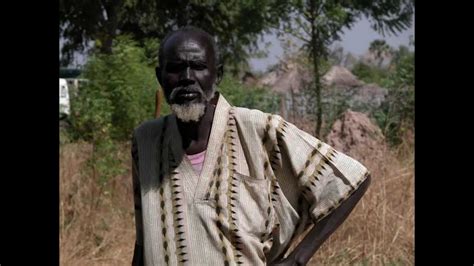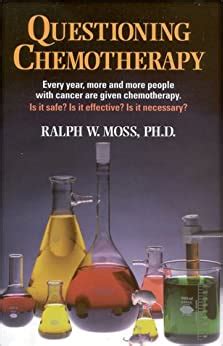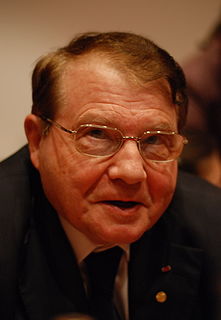A Quote by Eric Reeves
I have leukemia, and my chemotherapy has destroyed my immune system.
Quote Topics
Related Quotes
I look upon cancer in the same way that I look upon heart disease, arthritis, high blood pressure, or even obesity, for that matter, in that by dramatically strengthening the body's immune system through diet, nutritional supplements, and exercise, the body can rid itself of the cancer, just as it does in other degenerative diseases. Consequently, I wouldn't have chemotherapy and radiation because I'm not interested in therapies that cripple the immune system, and, in my opinion, virtually ensure failure for the majority of cancer patients.
Whenever the immune system deals successfully with an infection, it emerges from the experience stronger and better able to confront similar threats in the future. Our immune system develops in combat. If, at the first sign of infection, you always jump in with antibiotics, you do not give the immune system a chance to grow stronger.
When you vaccinate someone, or when you get infected, the microbe is presenting itself to the immune system in a way that the immune system recognizes the important elements of the microbe and makes an immune response, both an antibody response and a cellular response, to ultimately contain the microbe.
Music is the exact opposite of anxiety. It's there to relieve anxiety, to calm you down. And to just get the noise out of your biological system. So that, it's not going to make your immune system stronger than normal. What it does, in my view, is allow your immune system to work with the full force of normality.
We're very enthused about the idea that in the third trimester we actually give the mother a vaccine and her antibodies, the protective things that the immune system makes, actually pass through to the baby, both when the baby is born, and through the mother's milk. Because the baby's immune system is actually not very strong for that first few months, using the mother's immune system to do this - it's a very exciting idea and something that we're investing heavily in.

































